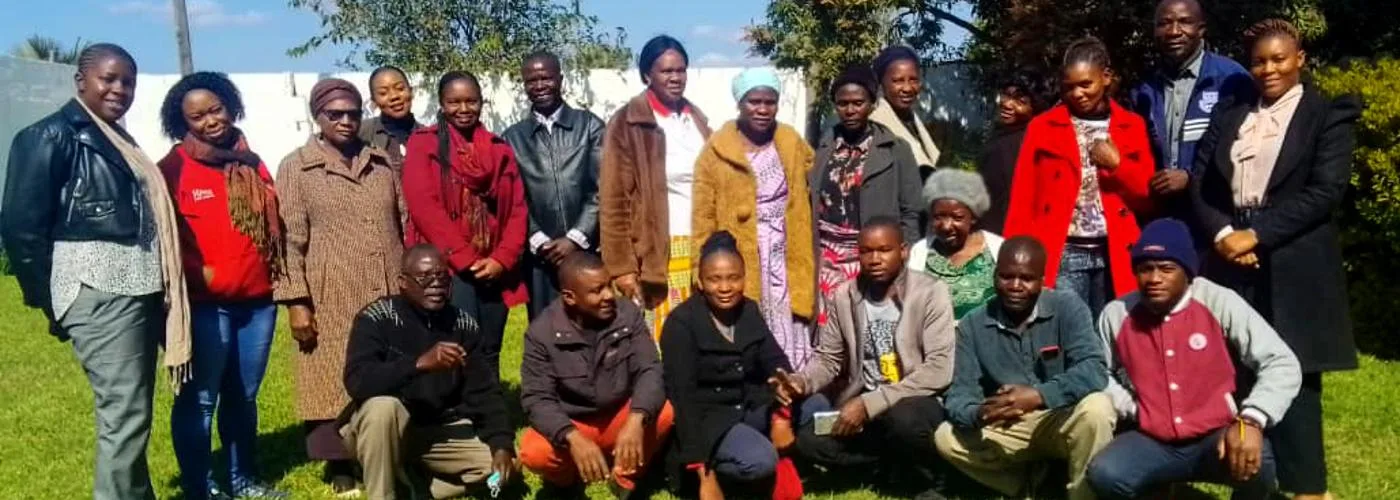By Mangiza Chongo Chirwa, Healthy Food Africa Project Manager
Zambia is facing a serious challenge of malnutrition. According to the latest data, the country suffers from a triple burden of malnutrition: under-nutrition, over-nutrition and micro-nutrient deficiencies. This not only affects the health, well-being and productivity of millions of Zambians, but it’s also keeping the country from achieving its goal of becoming a middle-income and well-nourished nation by 2030.
One of the causes is the population’s limited knowledge about nutrition and healthy diets. Many Zambians consume poor quality foods lacking in diversity, or not enough food. This leads to nutrition-related illnesses such as obesity, Type 2 diabetes, hypertension, strokes, and stunting in children under five.
These diseases claim the lives of many young people every year, reducing Zambia’s human capital and workforce potential. It is estimated that 5.7 million Zambians are undernourished while 23% of all deaths in the country are due to non-communicable diseases.
Providing healthy food education
To address this situation, Hivos and RUAF’s Healthy Food Africa project, funded by the EU Horizon 2020 innovation program, is providing nutrition education within its food systems labs in Chongwe and Lusaka.
The broader aim of the project is to improve the availability, accessibility and affordability of healthy and diverse foods for urban and peri-urban consumers, especially low-income and disadvantaged groups. The project also seeks to strengthen the capacity and resilience of local food producers, processors and traders to cope with climate change and other shocks.
Nutrition training: theory and practice
In July 2023, the project conducted nutrition training for food systems lab members in Lusaka and Chongwe. The main topics were how nutrition affects a person’s quality of life, the key principles of good nutrition, and practical steps to improve individual, household and community nutrition.
But beyond the more theoretical sessions, the training emphasized hands-on learning, like demonstrating and tasting nutritious recipes using locally available foods. Or handy tips, like how to recognize organically grown tomatoes: they ripen from the outside rather than from the inside.
Good nutrition isn’t rocket science
What resonated most with participants were simple facts like the recommended daily portions of different types of food. One participant said it would be much easier now to make the right nutritional choices for her and her family. Another was grateful for the easy-to-prepare healthy lunchbox ideas they learned. And another was elated that he could now understand food labels to make good nutritional choices when shopping. Participants also requested summarized training materials to share with their communities.
The Healthy Food Africa project hopes that nutrition training sessions like these will help reduce malnutrition in Zambia and improve the health and livelihoods of its people.
#EUHorizon2020innovation #HealthyFoodAfrica




